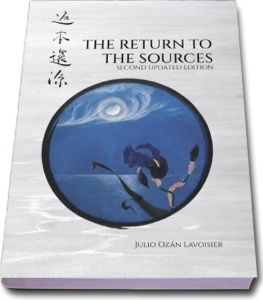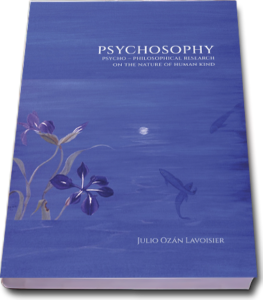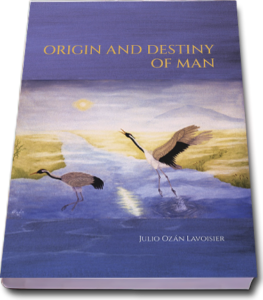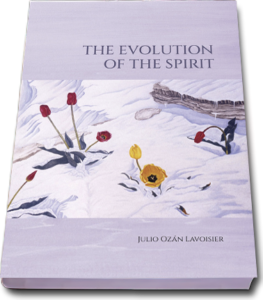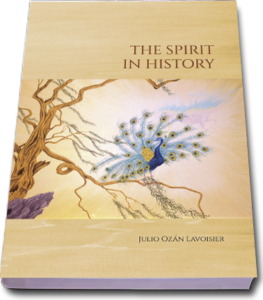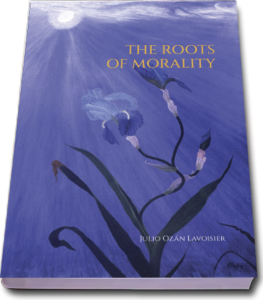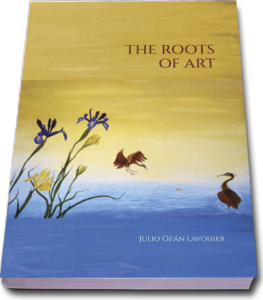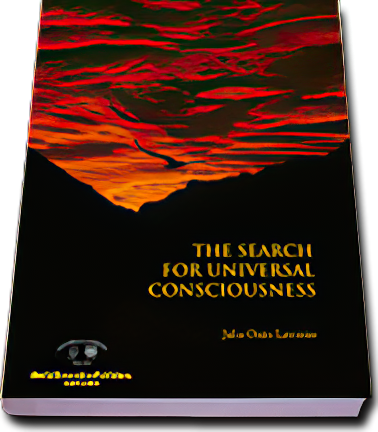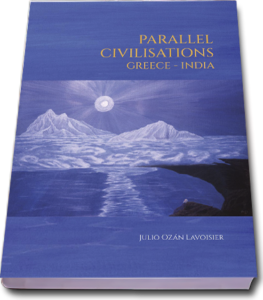I have been subsequently presenting human beings in my writings, I mean, their most intimate features, their spirit in relation to their circumstances.
In El Retorno a las Fuentes (Return to the Sources) (Ed. Rueda, Madrid, 1993), where I sketch my later work, I narrate my own search within these circumstances and my finding the perspective that will let me watch them impartially. In Psicosofía. Investigaciones psico-filosóficas sobre la naturaleza del ser humano (Psychosophy. Psycho-philosophical Research on Human Nature) (Ed. Dunken, Bs. As. 2004), I deal with the circumstances men find before looking at the world, the psychic features, a complex and fascinating labyrinth, with its beautiful mountains and high peaks, where virtue lies, and from which the wide horizon that includes their own nature may be observed, as well as the deep muddy cliffs where their vices start, by whose wild waters they have let themselves be dragged so many times. In Origen y Destino del Hombre (Origin and Destiny of Man) (Ed. Dunken, Bs. As. 2008), I have placed men in front of the world around, of their universal circumstances, with the aim of making them participate in that Cosmos, of making them part of the universal Order. But it was important to wonder whether human beings know what to do under these circumstances and what they have to do with them, with their mind and with the world, and whether they evolve in the knowledge of these matters. That is why I have written La Evolución del Espíritu (The Evolution of the Spirit) (Ed. Dunken, Bs. As. 2009). Even then, without being completely aware of those environments where they are immersed, human beings have had to live and become organized with their peers, giving origin to communities, whether closed, tribal, cosmopolitan or vast empires that have expanded their own culture, generated their own circumstances -oppressive sometimes- to such an extent that entire peoples have disappeared. In this project, in the search for a common destiny, men have rehearsed diverse ideals and have tried countless resources. To conclude, in this coming and going, in this evolution, they have been making history.
This unavoidable inheritance that is in part theirs and of which in turn they are part of, requires an aim, demands an explanation. Hence, the need for a Philosophy of History. The collection of these works devoted to history, which due to the amplitude of this topic has been divided into several volumes, has come to be called Las manifestaciones del Espíritu (The manifestations of the Spirit), because it analyzes the situation of the spirit during each of the most representative periods. Thus, an analysis of the Hellenic Spirit, the Renaissance Spirit, etc. will be carried out. A special volume will be devoted to the Spirit in India and a Criticism of the Philosophies of History will complete this work.
